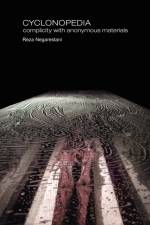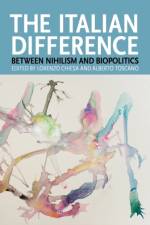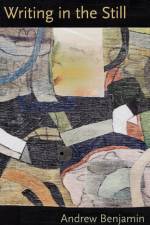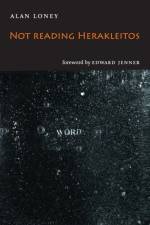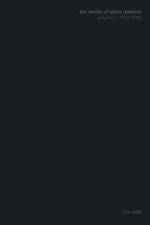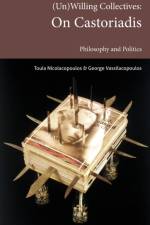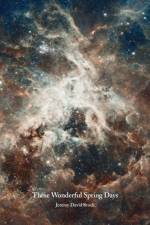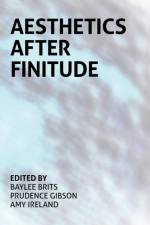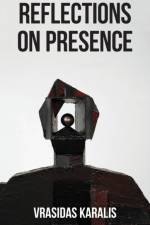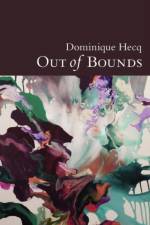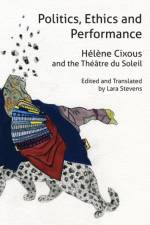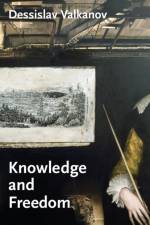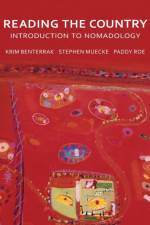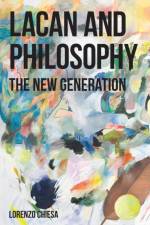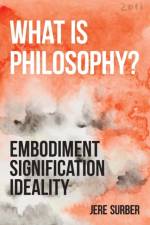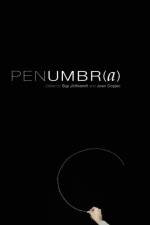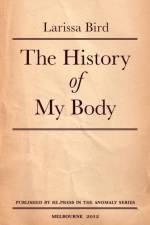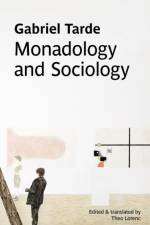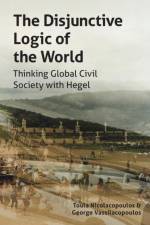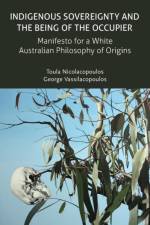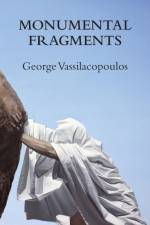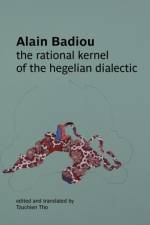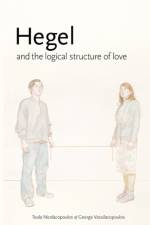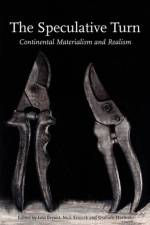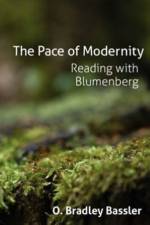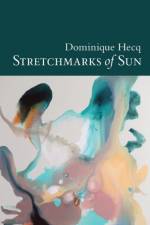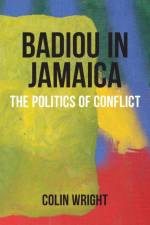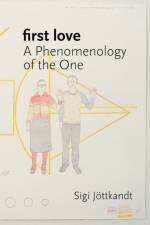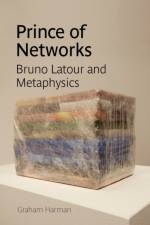- The New Generation
297
The primary aim of this collection is to show that the topicality of Lacan's legacy to contemporary philosophy is particularly evident with regard to current debates which, in attempting to overcome the spurious divide between continental and analytic traditions, as well as between the human, social and natural sciences, have been thoroughly rethinking the notions of realism and materialism, along with their implications for aesthetics, ethics, politics, and theology. More or less explicitly, all the essays included in the present volume tackle such a complex speculative articulation by focusing on the way in which a Lacanian approach can shed new light on traditional concepts of Western philosophy, if not rehabilitate them. The 'new' in the 'new generation' that gives the title to the present collection of articles is far from rhetorical. All the authors included are under fifty years of age, most are under forty, and some are even under thirty. Without exception, they have, however, already secured a prominent position in debates concerning the relation between philosophy and psychoanalysis, or are in the process of doing so. The other contiguous novelty of this volume that marks a major shift from previous attempts at presenting Lacan in dialogue avec les philosophes is its markedly international dimension. Contributors reside and work in seven different countries, which are, moreover, not always their countries of origin. As the reader will be able to confirm by taking into consideration the respectful intensity of the many cross-references present in these essays - which should be taken as a very partial sedimentation of exchanges of ideas and collaborative projects that, in some cases, have been ongoing for almost a decade - geographical distance appears to have been beneficial to the overcoming of Lacan's confinement to the supposed orthodoxy of specific - provincial - schools and their pathetic fratricidal wars, whilst in parallel enhancing intellectual rigour. These pieces rethink philosophically through Lacan, with as little jargon as possible, in this order, realism, god, history, genesis and structure, writing, logic, freedom, the master and slave dialectic, and the act.

